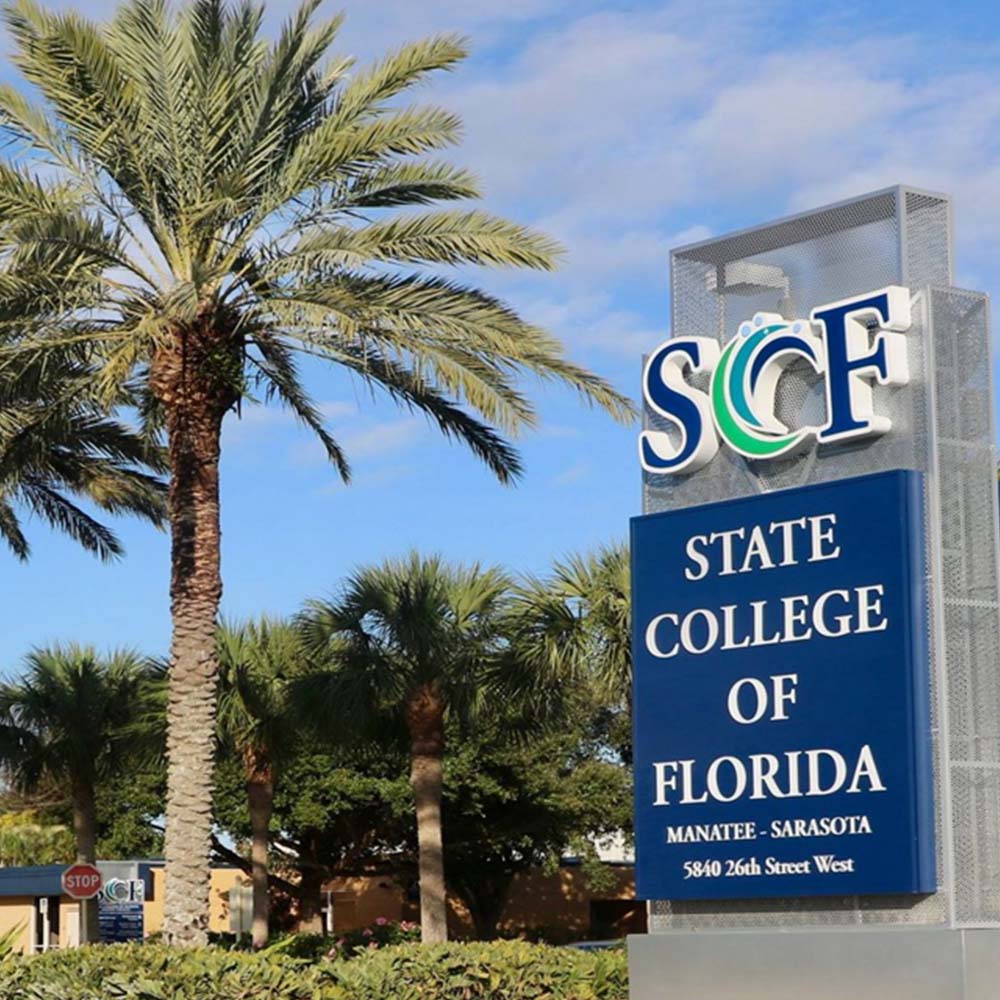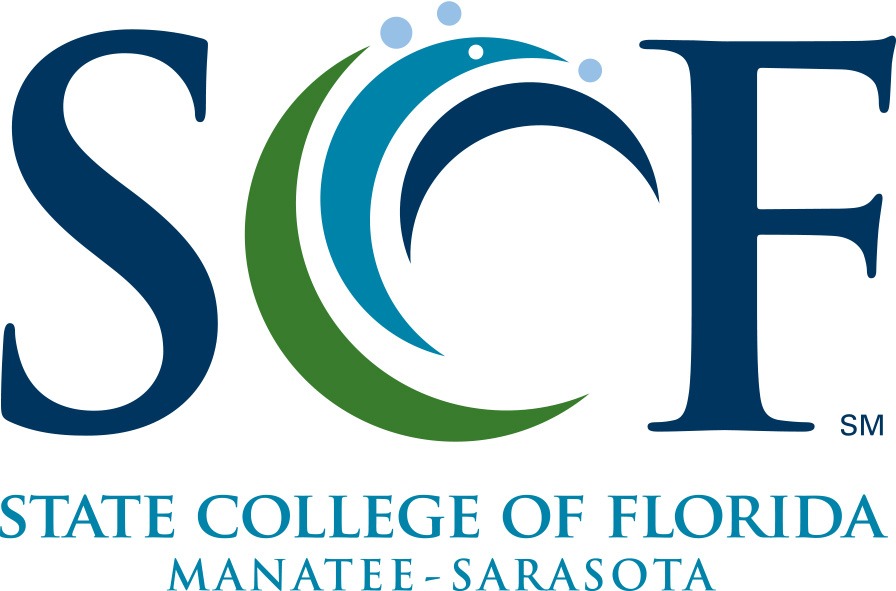Institutional Effectiveness and Research

Institutional Effectiveness
The Office of Institutional Effectiveness at the State College of Florida, Manatee-Sarasota (SCF) supports collaborative college-wide planning and guides the institutional effectiveness and data analysis process that drives continuous improvement at SCF. The office also provides coordination, guidance, and support for the reaffirmation process in addressing the Principles of Accreditation promulgated by SCF’s accrediting agency, the Southern Association of Colleges and Schools Commission on Colleges (SACSCOC). The SCF Institutional Review Board reports to the Office of Institutional Effectiveness. The office embraces the use of planning and assessment at all levels, for each program and service, for each department and employee as well as institution-wide. The ongoing cycle of improvement includes the frequent evaluation of processes, programs, services, and outcomes, including student learning outcomes.
Useful links:
Institutional Reporting
The Office of Institutional Reporting supports data collection and analysis as well as the compilation of information regarding the institution’s effectiveness. The office is primarily responsible for the preparation of various state and federal (e.g., Integrated Postsecondary Education Data System (IPEDS)), the annual SCF Fact Book, and Common Data Set, Graduating Student Surveys, and reports; but also supports Institutional Effectiveness and Institutional Research needs as well (e.g., support for the college’s accreditation process, data requests, etc.).
The web-based graduating student survey is administered every year to all students applying for graduation. The purpose of conducting the graduating student survey is to obtain students’ evaluation of the institutional effectiveness of the College. This year, 549 students of the 2023-2024 graduating class completed the survey.
The analysis in table format is divided into three parts:
Part I — Demographics
Table 1 shows an abridged summary by number and percent of responses to the demographic questions. For questions having more than two choices, only the combined response categories are displayed. Demographic categories include the following: gender, race, citizenship, residency, and age. About 72.7 percent of this year’s graduating students were female. About 13.5 percent were of a minority ethnic background. Approx 34.1 percent of the graduating students were 25 or older, 31 percent were 21 to 24 and 35 percent were 20 or younger.
For sections II and III., numbers of students who chose the answer of “Not Applicable” have been displayed for your references, yet these numbers are not included for the calculation of response percentages.
Part II — Evaluation of Institutional Goals
This section deals with issues related to institutional goals, including the availability of services. Table 2 presents an abbreviated statement of each item being evaluated. For the purpose of this analysis, the ‘strongly agree’ and ‘agree’ category answers were grouped into one field called ‘agree.’ The same procedure was applied to the ‘strongly disagree’ and ‘disagree’ categories.
Part III — Evaluation of Services
The third section deals with students’ satisfaction level with institutional services. Again, for purpose of analysis, the two levels of satisfaction and dissatisfaction were grouped into one level for each category. Table 3 then shows the number and percent satisfied, dissatisfied and those who did not use the service or did not make comments.
Sponsored Projects
The Office of Sponsored Projects assists with the acquisition of grant funding to further the mission of the college and the achievement of its strategic plan. The office maintains research on potential funding sources, refers grant opportunities to potential grant developers, and assists with the interpretation of the grant solicitation document. The office also provides assistance to potential grant developers to enhance grant planning skills, coordinates grant development teams, and assists with effective budget development. Following the receipt of a grant award, Sponsored Projects staff consults with grant project directors and others as needed to assist with grant implementation.
Selected Federal Data Resources
Selected federal resources about the State College of Florida, Manatee-Sarasota (SCF)
SCF provides data and information to the US Department of Education through the Integrated Postsecondary Data System (IPEDS). SCF is one of about 7,000 college and universities across the country that provide institution-specific data through IPEDS. Federal officials summarize these data in multiple publications and websites. Three popular data products produced by federal officials containing information about SCF are highlighted below.
College Scorecard – The website provides several measures based on data collected at the national level about SCF with the aim of furnishing students and parents with information about college costs, value, and quality.
College Navigator – Similar to the Scorecard, the College Navigator delivers additional details on several topics including college expenses, financial aid, admissions, majors, degrees and certificates, student progress and outcomes, intercollegiate athletics, accreditation, and security.
Data Feedback Report – In the Feedback Report, SCF’s data are displayed alongside data from a comparison group of institutions identified by federal officials. The information is used for benchmarking and peer analysis. Overall, SCF performs well compared to the peer institutions identified in the report.



